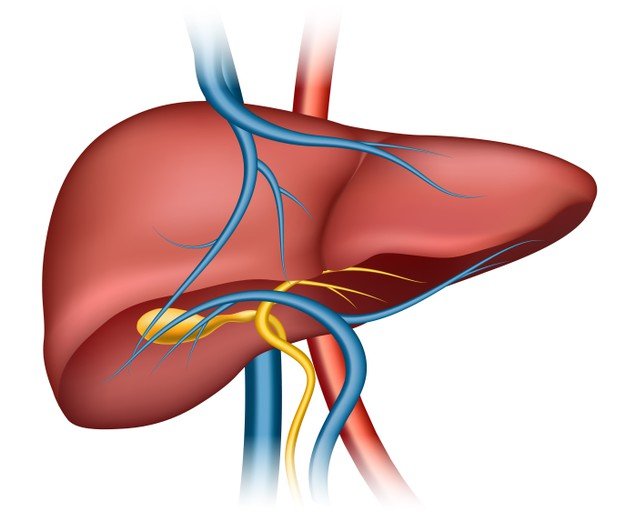Alcoholic liver disease

Alcoholic liver disease or ALD is a term used to describe many liver diseases that arise due to alcohol consumption. These diseases include fatty liver, alcoholic hepatitis, and chronic hepatitis with liver fibrosis or cirrhosis. The disease is also known as alcohol-related liver disease or ARLD. Uncontrolled or excess alcohol consumption causes the liver to become inflamed and swollen.
When the liver is damaged over years it finally starts to build scar tissue which is irreversible condition. The cure of such condition is only liver transplant.
Symptoms
The symptoms of Alcoholic liver disease may not show up in the earlier stages. The common symptoms to look for include:
- Nausea and vomiting
- Fluid built up in body causing swelled up legs and abdomen
- Jaundice
- Fatigue
- Hyperpigmentation
- Irritation or discomfort in abdominal area
- Unusual thirst
- Red hands or feet
- Dark color urine
- Mood swings, confusion
- Bleeding gums
- Enlarged breasts in men
Causes and Risk Factors
Excess alcohol consumption is the main cause of the disease.
Treatment
The treatment mainly involves rehabilitation programs to stop the alcohol abuse. Support groups and social support are important part of the rehabilitation programs.
The rehabilitation is supported by medication and nutritional supplements to cover up the loss of nutrients in the body.
The medications are given to remove the abdominal fluid and to control portal pressure so that preventing bleeding from the dilated blood vessels in the esophagus and stomach.
In cases where the liver is not functioning as expected or has stopped functioning at all, a liver transplant may be necessary. This condition arises due to cirrhosis which is the built-up of scar tissues in the liver which alters the liver functioning.
